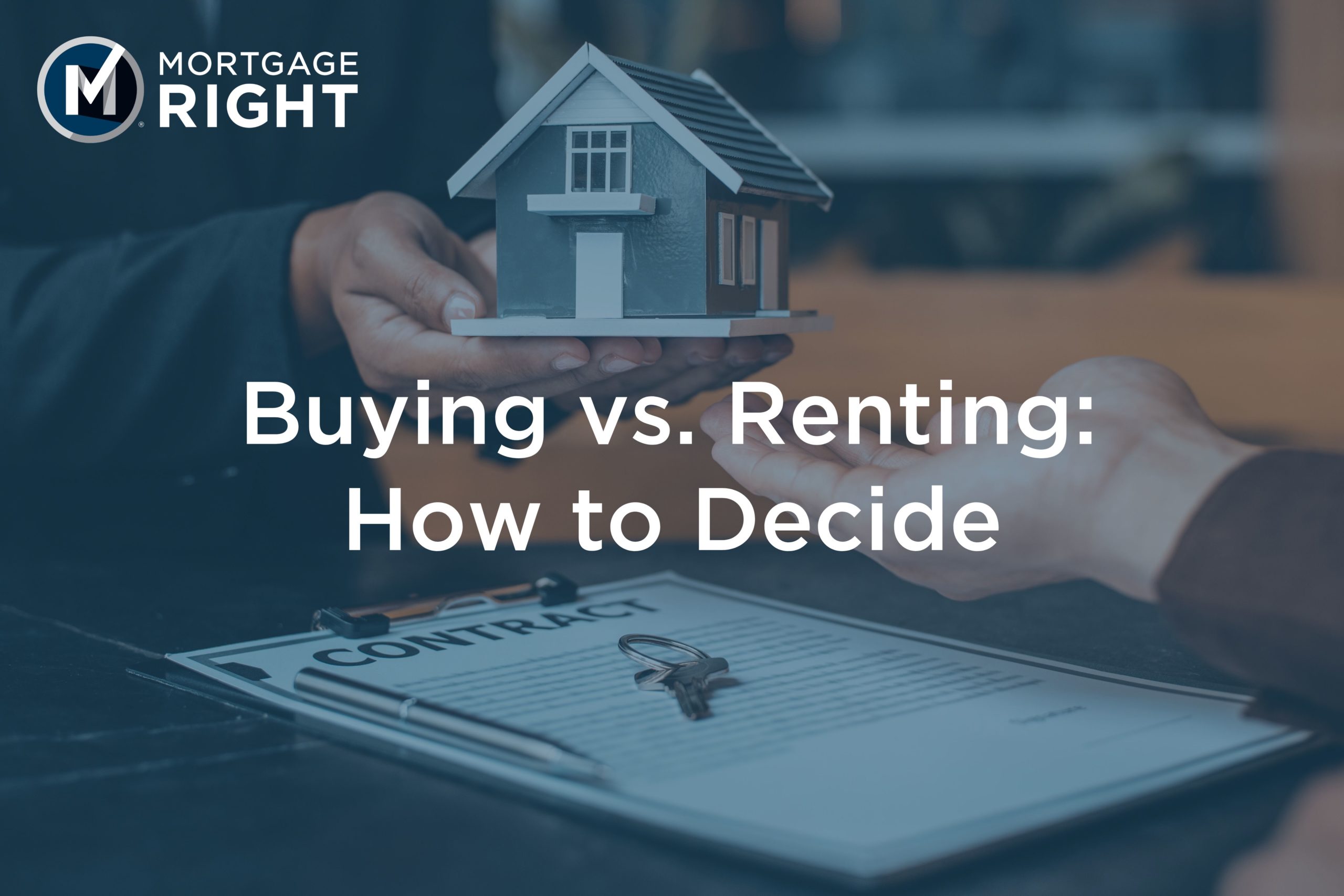
Home is where happiness resides, but choosing a place to call home can be hard to decide when you don’t know the ins and outs of buying vs. renting. Whether you’re considering buying or renting your home, you need to weigh the pros and cons of each option. Let’s find out how these two living situations measure up.
Buying vs. Renting: Pros and Cons
Pros of Buying
- It’s a worthwhile investment: Buying a home is an opportunity to invest in your future. Why? Because equity comes into play. After you purchase a home, you build equity by making monthly mortgage payments. More equity means more chances to make a profit on your investment. If you have the equity, you can take advantage of programs like a cash-out refinance. You can also pocket a significant sum if you sell your home when its value has appreciated. Unlike renting, homeownership can benefit you in more ways than one.
- Freedom to live: Among the greatest benefits of buying your home is the ability to do whatever you want with your space. Are you looking to decorate your walls with green and orange polka dots? Want to install stained glass windows? Can’t fathom leaving your six dogs, two cats, and pet python behind? Then homeownership is the right option for you. Enjoy the freedom to live however you wish by purchasing a home of your own instead of renting one that belongs to someone else.
- Enjoy stability: When you own your home, you have more privacy—which is huge when you want to build a stable home. Freedom, privacy, and choice are the hallmarks of a steady living situation, and homeownership offers all three without fear of landlord restrictions.
Cons of Buying
- Added responsibility: If you buy a home, you become fully responsible for property upkeep. You’ll have to do your maintenance, lawn care, etc., or hire a professional when you become a homeowner.
- Generally, more expensive: All good things come at a price, and homeownership is no different. If you want to buy a home, you need to consider costs like down payment, closing costs, insurance, etc.
Keep this in mind: Even though homeownership is typically more expensive than renting, it’s still very achievable for the average home seeker.
Pros of Renting
- Flexibility: If you don’t like to live in one place for too long, then renting can offer you more flexibility. Leases typically run between a few months to a year—which is less of a long-term commitment than buying a home.
- Maintenance is covered: Landlords or property management companies take care of most maintenance issues for renters, so if you want a little less responsibility, renting may be for you.
Cons of Renting
- Rent can increase at any time: Rent prices are always rising, and in many states, there is no cap on the amount a landlord can charge. When you own your home, you’ll typically have a stable monthly payment for a fixed amount of time.
- No chance at equity: When you rent, the only investment you will be making is in your landlord’s financial future. Renters don’t have the option to build any equity—which means your payments won’t benefit you in the long term. When you rent, you secure a place to stay but not much else.
- Limits and policies: Many renters take a hit to their freedom because of the rules and regulations landlords have in place. Many rental properties don’t allow pets and will never let you personalize your space the way you would be able to if you owned it yourself.
- Less privacy: Because renters typically live in properties that house more than one family, privacy is sometimes scarce. If the property is poorly built, you may have to put up with noise from other tenants, mail theft, and even maintenance crews using a master key to barge into your space unannounced.
Still Deciding Whether to Rent or Buy?
Ultimately, the choice to buy or rent a home is up to you. But if you think homeownership is in your future, we can help you move into the home of your dreams! Contact us today if you have any questions or to start your home-buying journey!






